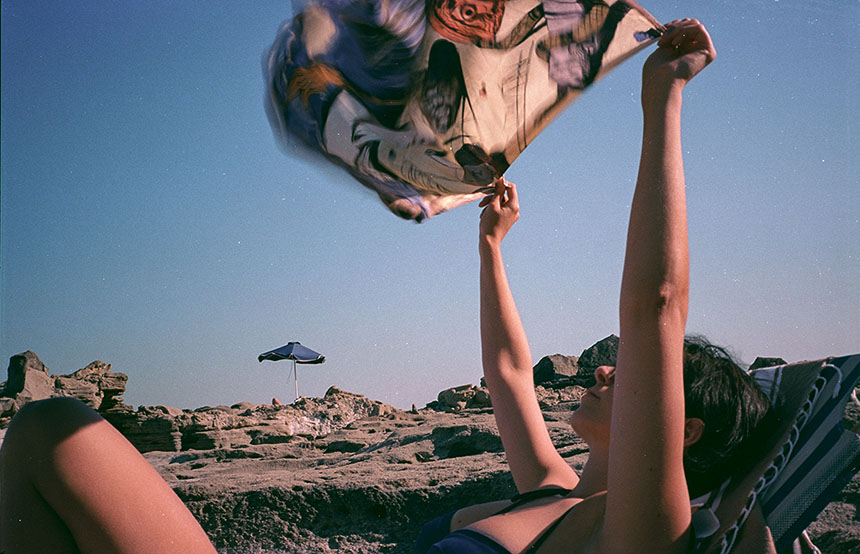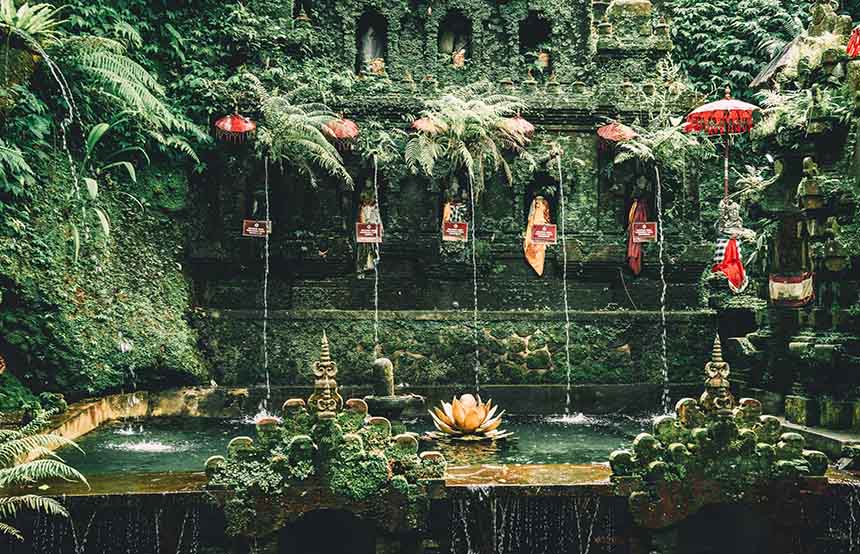You may not know how to pronounce it but we guarantee you’ll have heard of hygge. Landing on the 2016 shortlist for Oxford’s Word of the Year, this cosy concept has long dominated bookshop shelves, café menus and design styles. Prioritising cosy contentment, candlelight and calming moments, it’s not hard to see why Frozen the Musical chose to dedicate a six-minute song to the idea, and Chanel almost an entire collection. But the Danes aren’t the first country to have their own lifestyle philosophy. Their neighbours, the Swedes, have long practiced lagom while Japan have been ikigai experts since the early 1960s. Even Bali has its own three pillar approach to a good life, elegantly named tri hita karana. So, while you’re meandering Athens’ quaint Plaka neighbourhood, spare a moment for a meraki. Or in between catching waves off Costa Rica’s Caribbean coastline, stop to greet locals with a cheerful pura vida. A holiday to any of these destinations promises to be corker but add a little tried and tested life concept to it and you might just find it’s your best one yet.
Lagom
Sweden
Just as we’d got our head around hygge the Swedes came along with another Scandinavian concept called lagom (pronounced la-gohm). Meaning ‘just the right amount’, this very old Viking phrase champions a low-fuss sustainable lifestyle. But it’s more than just balancing your scroll time with sleep – although that’s very important too. It’s about living in a functional manner and finding contentment in satisfaction. Whether it be having just one kanelbulle (cinnamon bun) with your fika instead of two or accepting that it’s okay not to have the bank balance of a millionaire, lagom is all about relishing in the now rather than focusing on what you need to add to it. Let your inner lagom run wild in eco tree hotels in northern Sweden, spend days practicing your shavasana at yoga retreats in Stockholm and use a few moments during mornings in Sarushima to give your suitcase a spring clean. Well rested and organised, lagom sounds almost mythical…
Meraki
Greece
It shouldn’t come as a surprise that the Greek’s have designated an entire word to doing things with passion. Meraki, which literally translated means ‘essence of ourselves’, is a concept of doing something with unbridled creativity and effort. It’s a labour of love that gives its labourer a sense of identity, purpose and joy. But unlike ikigai, it doesn’t matter how well it’s done. As long as it’s delivered with pride and care, the Greeks will view it as a job well done, which is why the country and its smattering of idyllic islands are just the place to perfect your loukoumades (doughnut-like balls) and spanakopita pastry rolls.

Image by Pauline Chardin
Ikigai
Japan
If kintsugi sees beauty in physical imperfections, ikigai sees it in the souls. Combining the terms iki, meaning ‘alive’ or ‘life’, and gai, meaning ‘worth’ and ‘benefit’, ikigai (pronounced ee-key-guy) stems from the belief that fulfilment and true sense of self comes from knowing your life’s purpose. How do you find it, you ask? You have to ask yourself four questions: what do you love? What are you good at? What does the world need? And can you get paid for it? Ikigai should be the sweet spot in between where you’re doing something you love, are good at it, that helps the world and comes with a monetary reward. And it seems Japan has it down to a fine art. Ikigai has been shown to influence immune function and increase life expectancy, and Japan has one of the highest in the world. So, if you hadn’t given ikigai much thought before, you will after a trip to the country’s resident blue zone, Okinawa.
Pura Vida
Costa Rica
It’ll probably take you just five minutes from your arrival into Costa Rica to hear its famous phrase pura vida. Used as a greeting, an answer and an easy way to brush off a bad day, it’s hard to find a situation the phrase can’t be used in. It means ‘pure life’ but has come to symbolise the simple, cheerful and care-free lifestyle the country is known for. It urges Costa Ricans (also known as Ticos) to not sweat the small stuff, to slow down and focus on what’s important. That’s probably why they are one of the only countries in the world without an army, have one of the highest life expectancy rates and earned the top spot for ‘Average Happiness and Happy Life Years’ in the World Database of Happiness. So, once you’ve got to your hotel and dropped your bags, resist the urge to get up and go again. Instead pull up a deckchair, crack open a cold Imperial and relax the pura vida way.

Tri Hita Karana
Bali
If you’re in the market for a yoga retreat, the first place that’ll probably come to mind is Bali. Home to paradisical rice paddies and bohemian beaches, this is the place to breathe out, appreciate nature and perfect your butterfly pose. The Balinese know what they’re on about too – thanks to tri hita karana. A three pillar principle, meaning ‘three causes/ways to happiness’, it is concerned with three relationships: parhyangan (the relationship between a person and God), pawongan (the relationship between a person and their neighbours) and palemahan (the relationship between a person and nature). The trick is to find a happy harmony between all three, but on an island filled with enchanting temples, happy-go-lucky locals and primeval jungle, we don’t think you’ll have much trouble. Plus, good things always come in threes.
Written by Naomi Pike
Header image by Zoe Fidji













